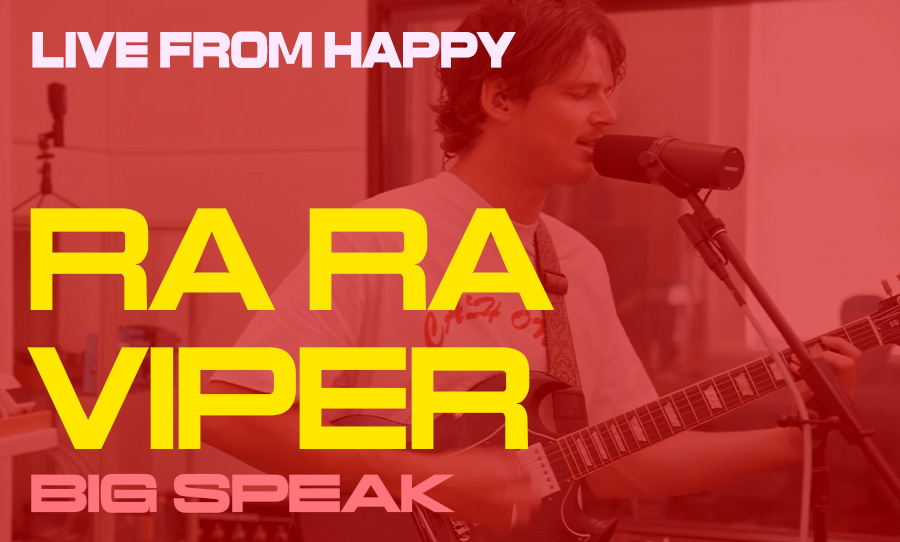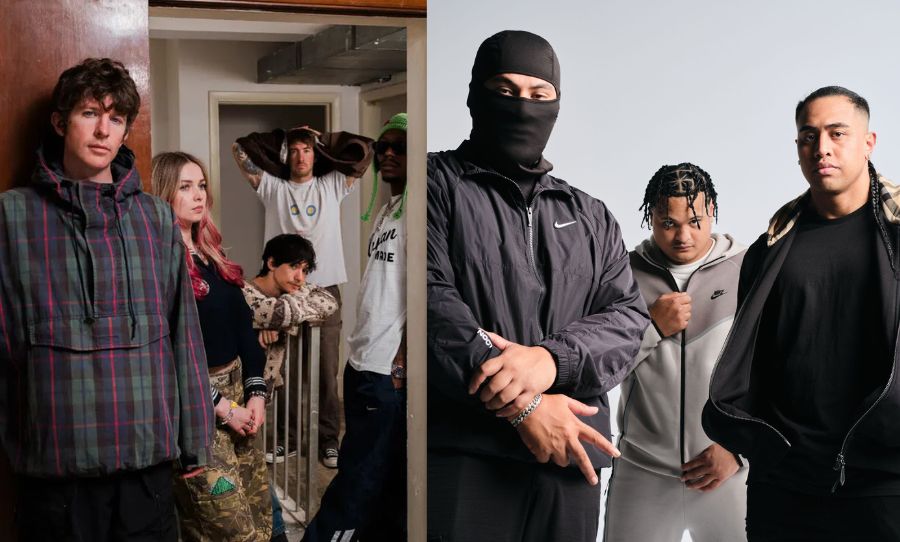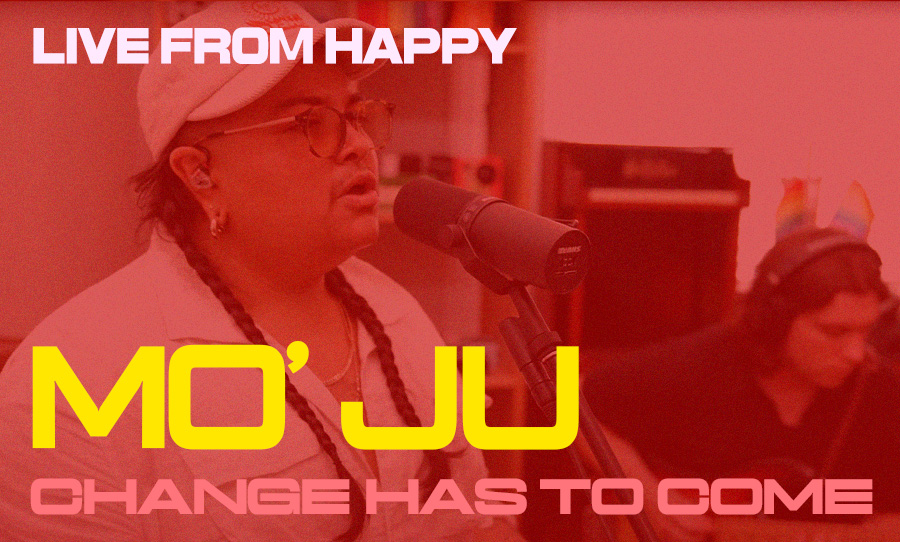Man, MySpace Soundcloud – you used to be cool. For years it has been one of the few direct lines to the pulsing heart of electronic music, cutting through the vulgar, superficial face the genre shows in the mainstream. Naturally, other sounds are well-represented, but it’s reasonable to call electronic music the platform’s backbone.
Admittedly, the interface has never been an award-winner; it’s a glitchy, rough sonofabitch, but with that once came a rawness and honesty of purpose uncomplicated by gross commercial influence. It was about giving the bedroom beatmakers and homegrown house architects an opportunity to be uncovered, and listeners a chance to discover.
When a sharing community gains traction and starts making a greater call on resources, it’s understandable that it will seek to draw income to finance continued operation. This objective becomes unpalatable, however, when it eclipses its own catalyst.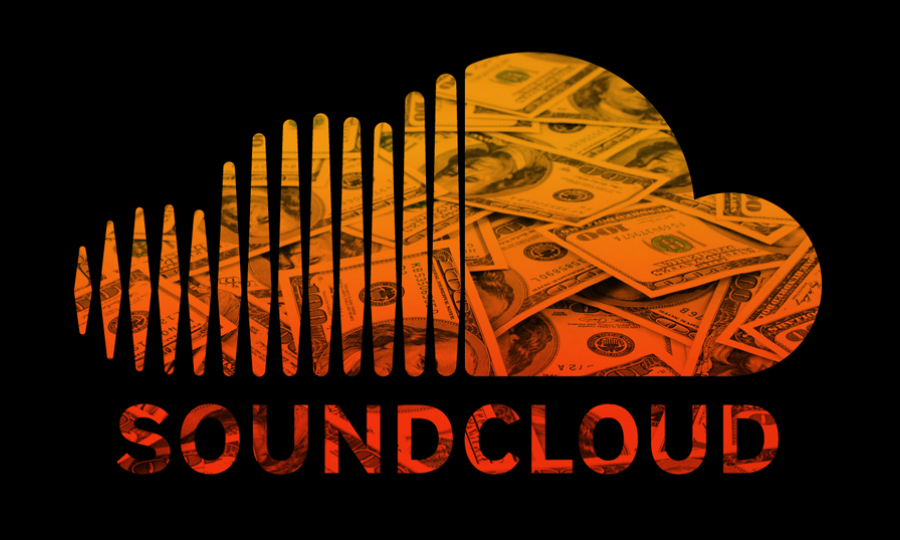 For Soundcloud, the satiation of corporate appetites has overtaken focus on the provision of a valuable service to a cooperative community.
For Soundcloud, the satiation of corporate appetites has overtaken focus on the provision of a valuable service to a cooperative community.
This road to monetisation of Soundcloud has been a rocky one to say the least. A meteoric rise following its genesis in 2007 (which, just as an interesting historical note, added a fairly strong kick in the ribs to Facebook’s assault on Myspace at the time) earned it a fair few euros from a London-based investment company.
2011 was notable for another injection of coin, coming in part from – believe it or not – Ashton Kutcher, and a few other Yanks. This gave the business the clout to start looking at strategic partnerships, marking a turning point in its organisational character.
Back in early 2013 a venture with Twitter fell through because you couldn’t upload licensed music to Soundcloud. Tragically, this was seen as a stumbling block, when it should have been a watershed moment: the platform’s point of difference had been thrown into sharp relief.
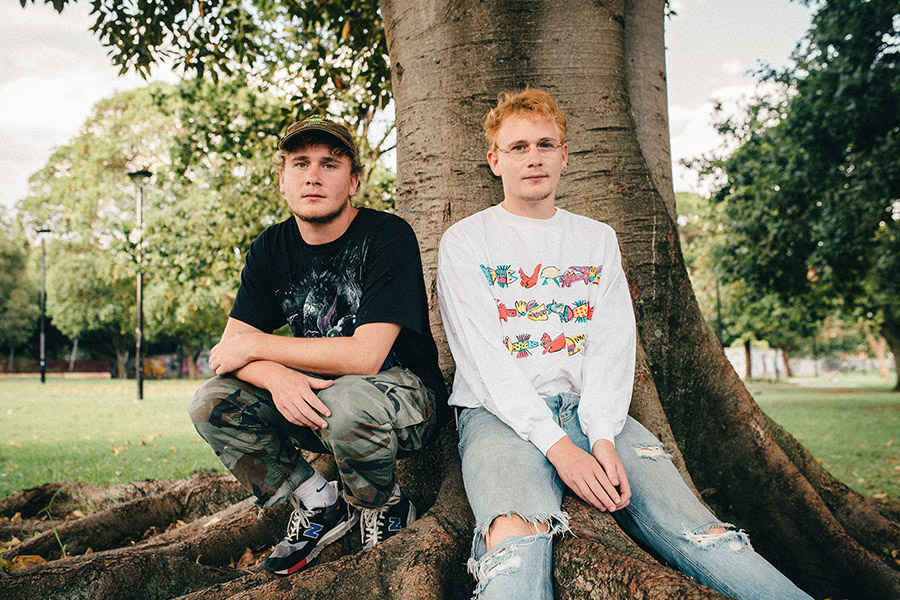
Without the deafening noise created by the militant distribution of major labels and their vociferous legal teams, the unknown battlers crafting this continually evolving electronic sound had found a place – an increasingly popular place – to be heard.
It was not to be. Initially billed as a way of resolving claims by perpetually circling lawyers, Soundcloud sought to make deals so that the labels could represent themselves on the platform, and ensure no one was stealing their internet points.
Yet still, talks with everyone from major labels to content houses Funny Or Die and Comedy Central continued to avoid resolution. Somehow, a ghostly vestige of each failed deal managed to survive, coalescing into the wheezing, grotesque body of diversified income channels it has devolved into today.
First, there are maddening previews of at best two minutes, which roughly amputate the main body of the song, and betray a fundamental misunderstanding of the importance of long-form composition in electronic music. There are Spotify-esque ads that similarly interrupt the ambience of a listener’s session.

Most maddeningly of all, there are two different forms of subscription which don’t overlap. Soundcloud Go is a streaming service that enables a listener to get past preview cutoffs. Soundcloud Pro is for artists – it allows unlimited upload time, a suite of analytics barely equal to those available for free to content-creators on Facebook, Twitter, and other platforms, and access to features that still fail to overcome the clunkiness of it’s standard UI.
This web of money grabs means that the artists actively contributing to the platform – who are its soul, the foundation on which the entire project has been built – not only have to pay once to access features that help them get heard, but also pay again to access full versions of songs made by artists with record deals locked down, who are already miles ahead.
People at the back pay once to get their music heard, and they pay again for the right to hear the people at the front.
After more than a decade of running around in chaos trying to figure out how to respond to revenue declines caused by the digital revolution, the music industry seems comfortably settled into the idea of the subscription model.
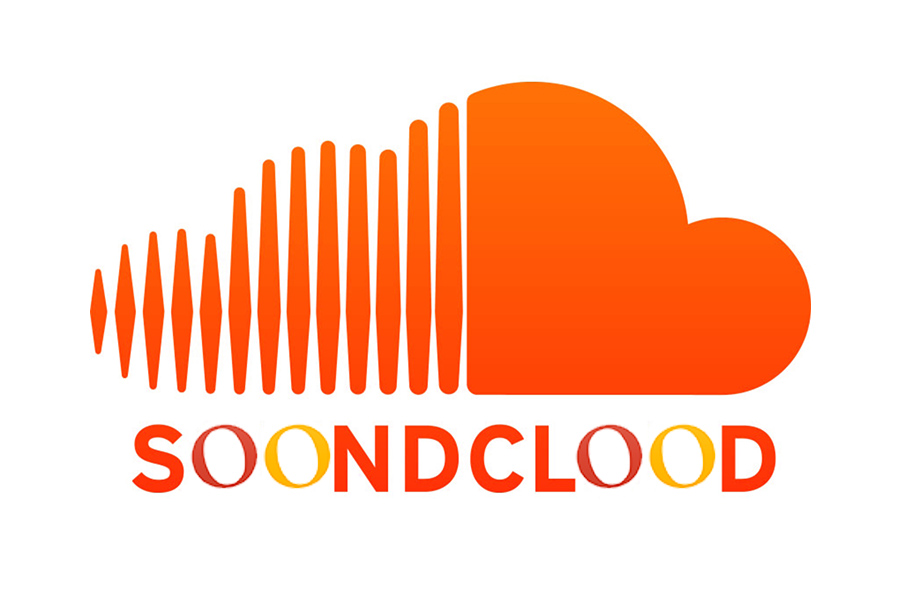
That dealt with, big music has gotten back down to the old business of mangling independent music, mining its originality and talent for it’s gold, and leaving the actual producers of it in the dust. Only now they’ve got it even better, as they don’t have to speculate on the value of new musicians by financing their early career. Now, the musicians are paying for that too.
Monetisation of valuable digital services is on the whole a positive thing. Done right, it creates value for both the organisation and its users. When that relationship is destabilised against the users, everyone loses. Users have a poorer experience, and are less likely to patronise the platform.
As the money fades, the problem spirals, and the story ends. Soundcloud began as the project of two Swedish producers in Berlin who created a way for musicians to collaborate and share recordings with each other.
Sadly, there’s less and less room for value sharing in an increasingly jealous, mercenary digital space.
While you’re here, check out our feature on how to promote your band, featuring some sage advice from some of Australia’s best publicists.

